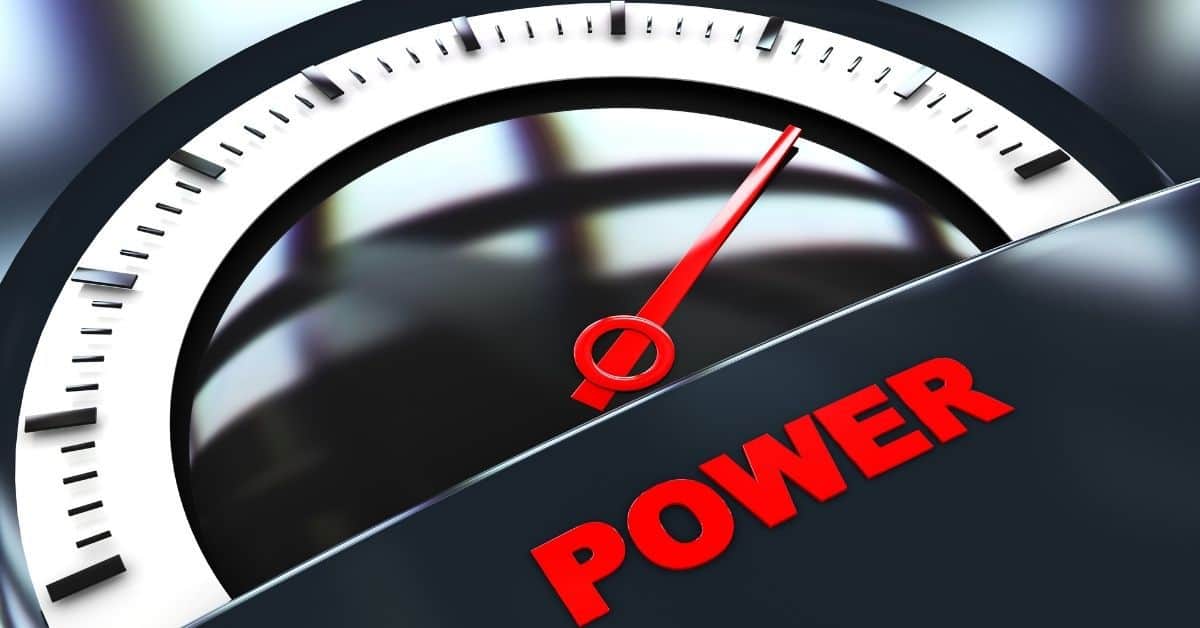
This article is about understanding how much power a washing machine consumes and how to reduce your electricity bill. Washing machines can be an expensive purchase and it also consumes a lot of electricity. We will discuss about the difference between water and energy efficiency levels and how this will affect your monthly electricity bill. We also have tips for reducing power consumption for your appliances.
Table of Contents
How much power does a washing machine consume?
An average size washing machine consumes about 2000 to 2500 watts, i.e., 2 to 2.5 units of electricity per hour if you use hot water to clean your clothes; however, this can come down drastically to 500 watts, i.e., 0.5 unit of electricity if you just use normal water.
The power consumption of a washing machine mainly depends on the model you choose. The good news is that washing machine manufacturers have adapted to consumers’ growing concerns with energy consumption and efficiency. Many machines now make use of sensors that monitor the load size, temperature and amount of detergent used in order to reduce or avoid overfilling.
Before we discuss about energy efficiency levels, let’s first understand the difference between water and energy efficiency levels in washing machines:
Water Efficiency: The amount of water a washing machine is able to use in the wash cycle.
Energy Efficiency: The amount of electricity a washing machine uses per wash cycle.
Washing machines are rated in India according to the Energy Rating Label code, which is given by the Bureau of Energy Efficiency (BEE). The BEE also rates other household appliances.
The energy efficiency level varies from one model of washing machine to another depending on design and materials used. As a general guide, Energy Rating levels 1-3 are the least energy-efficient while levels 4-5 are more efficient than level 3 alone.
Energy efficiency levels can be viewed in two ways:
(a) Our daily use of a washing machine is less than 4 hours per day on an average, so we can choose to buy a lower energy efficiency machine or one with minimum stars instead of the maximum rating.
(b) We need to wash our clothes more frequently because the load is too big or we have an oversized family and cannot afford a lower energy efficiency machine.
Why are higher star ratings better?
Washing machines with a higher energy rating use less water and electricity than those with a lower rating. Also, more efficient washing machine models have improved wash performance over older models.
The number of stars in the label is based on the amount of power used by each model during an 8 wash cycle test. To achieve higher ratings, manufacturers use better materials and more efficient washing cycles in their machines which result in major improvements in performance.
How to reduce your electricity bill?
Follow these tips to reduce the electricity consumption of your washing machine:
- Have regular maintenance performed by your local appliance service provider. This way you’ll be sure that all parts function well and correctly. Some servicing is mandatory for every two-to-three years (depending on the brand) while others don’t need it as often.
- Use the washing machine’s full load capacity whenever it is possible because less water and detergent will be used.
- Choose a model that has an automatic filter-clean system or indicator, which will alert you when it’s time to clean out the filters in order to get rid of any leftover dirt and grit that could damage your machine.
- Use cold water to do your washing and rinse cycles whenever possible; this will save you a lot of energy without compromising on the results. You can also try using warm or hot water for specific stains that need attention, but only if cold water doesn’t remove them completely.
- Choose one with an Energy Star label; this guarantees that your washing machine has been tested and found to be energy-efficient (at least 20% better than other similar models).
- Have your washing machine’s energy consumption tested on a regular basis; this way you will be able to make sure that it is working as efficiently as possible.
- Use your laundry machine or dryer to do small loads of laundry whenever possible; it’ll save you money on energy costs.
- Wash dark clothing in cold water and dry them outside if possible so you can save a great deal of energy. Don’t use hot water unless absolutely necessary as it takes more energy to wash clothes in this way than with cool or warm water.
- Use the gentle or delicate cycle for your laundry, especially if you use cold water; this will help save electricity and still get your clothes clean without damaging them.
- Check the drainage hoses of your washing machine regularly; make sure they are clear of any clogging or debris that could restrict water flow. This will guarantee a more efficient usage of power.
- Do not overload your machine when doing laundry. Doing so takes a lot of energy and water, which means higher power bills.
Conclusion
To summarise, always follow the washing machine manufacturer’s instructions on how it should be used. This way you will avoid damaging your machine with misuse. Cleaning and maintenance are also important to help keep the machine running for many years to come, saving you money on repairs and replacements. Keeping up with these recommendations can help reduce the cost of electricity consumption from your washing machine and keep your energy bills down.